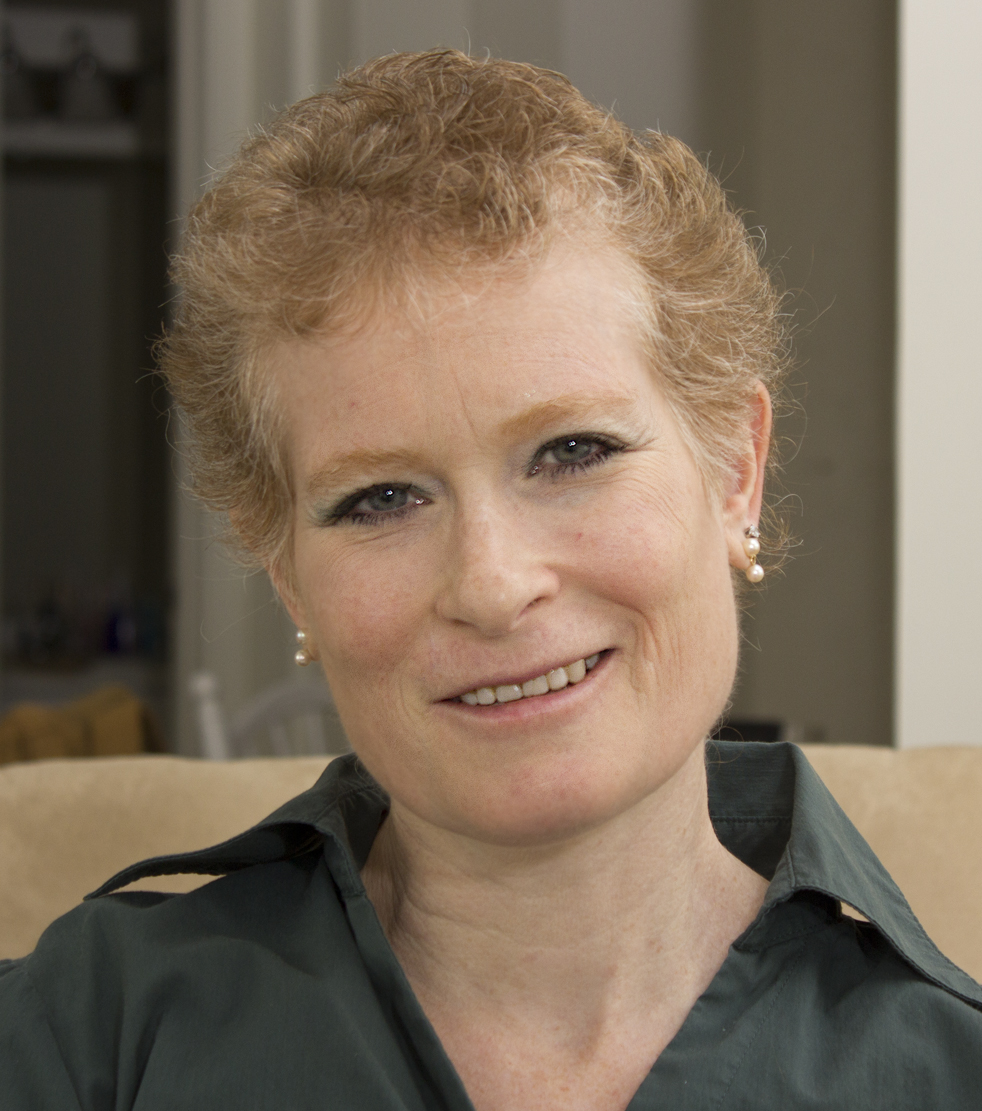 Are You A Hoarder? Here May Be Why & What You Can Do About it – Vol. 308, May 7, 2015
Are You A Hoarder? Here May Be Why & What You Can Do About it – Vol. 308, May 7, 2015
About 3 to 5% of the population of the U.S. have what would be considered a hoarding behavior, meaning that there is so much stuff in the home, that one has a difficult time navigating inside it, may be isolating them from friends and family and of course spending more money on these things (sometimes including cats and other animals) then can be afforded.
Like most issues where the mind is concerned the presenting problem of the hoarding, is not the problem itself, rather the problem that, “presents” the fact that there is something much deeper in the psyche of the individual that is creating this “need” or “desire” to hoard.
Over the years that I have been doing hypnosis I have noticed a few reasons that people do indeed form this behavior and by better understanding it, perhaps you can help yourself or someone you know who demonstrates this potentially damaging behavior to receive the sort of help that can alleviate the problem.
The first person I ever treated for hoarding did so because her mother forced her to keep their home washed down, including the walls on a weakly basis. When her mother passed away, she used the stuff she bought, many times leaving them in the bags they were put in, in her hallway. These bags were what formed a barrier to her home, disallowing anyone into it that she didn’t wish to have enter. In this particular case, sadly the issue is still present, because she is still unwilling to have many of her friends come into her home.
The second person that I treated for hoarding had the problem because all of her stuff was thrown or given away when her parents sold the house that she was raised in. Further, she was never given what she felt was love and appreciation, so she filled herself up with things instead of that which she felt she couldn’t receive,“unconditional love and acceptance.” She has done very well with her issues clearing out most of the stuff that was no longer needed or wanted, freeing up her space and her life.
The third person I treated with a hoarding behavior did so because she didn’t feel safe out in the world at large – she had some fairly serious mental health issues that left her isolated in her home, the things becoming her “buddies,” in that they were there for her to entertain herself. She was an artist and loved to paint. The only time she went out of her home was to go to art classes. Whenever she could, she had art models come to her home even though it was rather difficult for them to navigate through the house, it only having narrow paths from which to get from room to room. She has lightened the load in her home since our work together as she also received some very valuable help with her mental health issue, giving her a bit more space in her home and a sense of accomplishment.
The fourth person I treated for this problem was never given anything by her family as she grew up in a fairly poor family. So, she took care of this problem by purchasing pretty much anything she wanted to the point where there was no place to put it in her home. We dealt with her problem by allowing her to better understand her parents’ perception of things and thus allowed her to feel free to finally give away much of that which she no longer needed or wanted, to charities in her area.
The last client I had that I worked with had never felt stable having moved countless times during her childhood. Once she bought her own home she filled it with all the things she never could keep from all the moving she did as a kid. We were able to get her to understand that her stuff was safe now, never needing to be let it go, unless she had a desire to do so. With that one change in perception she was easily able to let go of much of what she had collected over the years, giving some of it to her children and grandchildren and donating the rest to charity.
Some of the research seems to point toward people learning this from their parents behavior. As a hypnotist, I am well aware of the imprinting that can be done when one is raised in a certain manner. Though I would be remiss in not stating that coming from a fairly cluttered home with too many animals myself, I have at least one sister who loves her home to be white, without any clutter whatsoever, everything having its place. Her home is beautifully appointed – not fancy as such, yet certainly very comfortable for anyone who she chooses to allow to come in. She isn’t one for doing lots of entertaining, desiring her home to be her “safe haven”. For myself and the rest of my sisters, we each have different levels of clutter we are fine with, mom’s way of living not really influencing us one way of the other. Given that I am one of five kids, maybe that gives you a better sense of the effects of being raised in such a home.
The thing that needs to be understood which the research also bears out, is that getting a declutterer or organizer will only help to the point that the hoarder’s underlying issues are dealt with, if indeed they feel they have a problem that they deem requires help. Most hoarders are not to the degree that one sees on the so-called reality shows where 100s of animals or stuff is piled from the floor to the ceiling making for a fire trap. In most cases it is difficult to have company over there not being a place for them to sit and many cases issues of over spending are the larger problem. These issues alone would make it worth it to have the problem taken care of going for the root cause of the problem first and then dealing with the de-cluttering.

Sign Up Now for your Free 1/2 Hour Consultation
If you have found this website helpful and informative and either you or someone you care about has an issue that might need clearing. Then Suzanne would like to invite you to experience a 1/2 hour free no obligation consultation via phone or Skype. Suzanne has successfully helped people all over the world, why not give her the chance to help you. Get the facts about your personal situation from a caring professional source and change your life for the better today!
Sign Up Now for your Free 1/2 Hour Consultation
